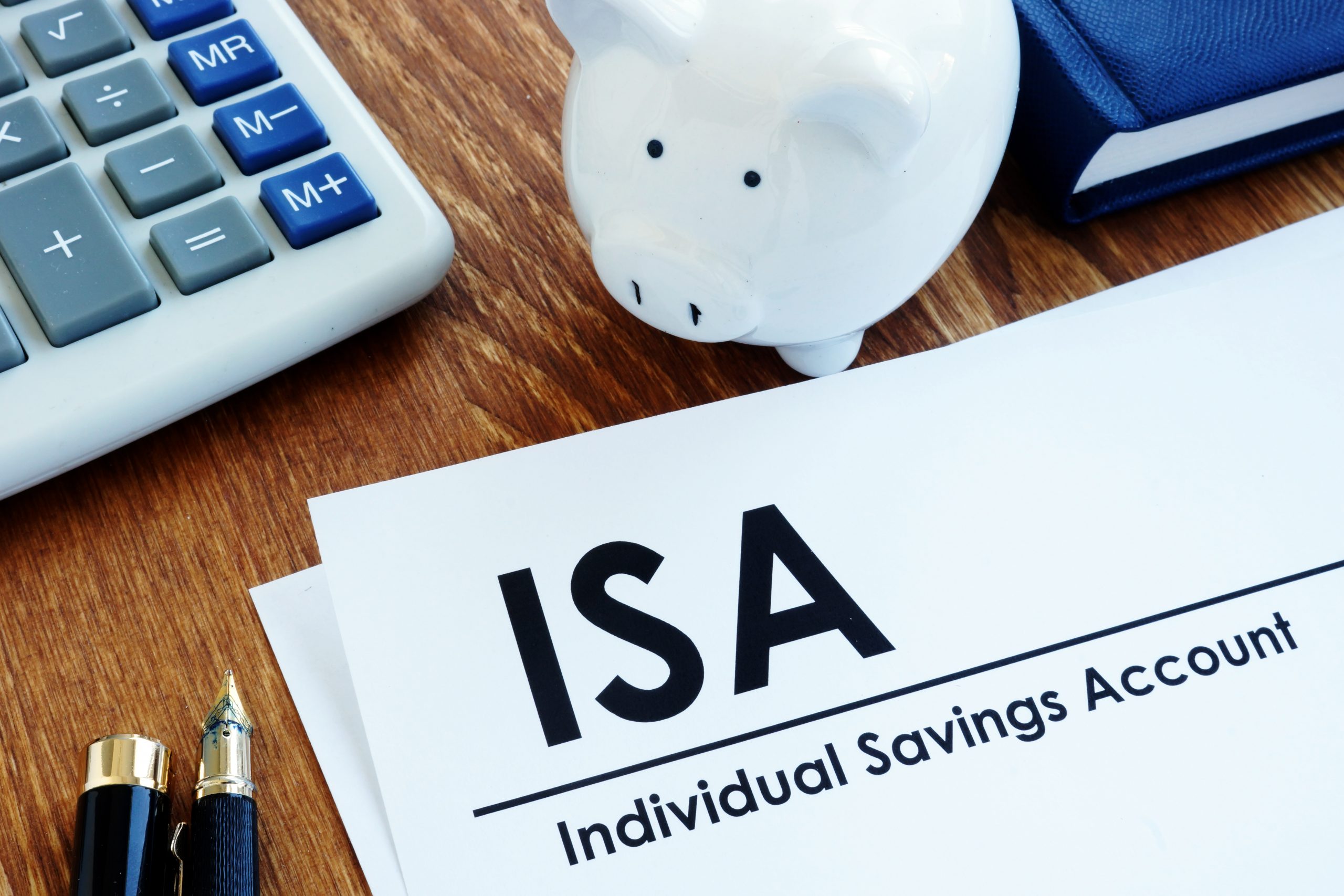Experienced Investor
Millions are failing to use full ISA allowance

About 8 million people across the UK are failing to make the most of their £20,000 annual ISA allowance, despite improved interest rates and market performance.
Only a third (35%) of ISA holders used their full allowance last year, according to InvestEngine. The investment platform found that nearly half (46%) of those who didn’t save their full £20,000 allowance admitted to keeping savings in cash at home.
This means people are missing out on the chance to make their savings go further and shield it from the worst impacts of inflation. InvestEngine found that even the wealthiest are failing to take full advantage of ISAs, with a quarter (23%) of those earning more than £100,000 not using their full allowance last year.
Andrew Prosser, head of investments at InvestEngine, said: “ISAs are a fantastic way for people across the UK to save or invest tax-free, but our research highlights the fact that many are missing out on the full benefits of their allowance limit.
“While rising inflation and the challenging economic backdrop is making saving harder for many, it’s more important than ever that people think hard about how they make the most of the money they are able to put aside. By keeping cash at home or in current accounts paying little or no interest, people are leaving their savings at the mercy of inflation.”
Young people saving more
InvestEngine found that younger people are saving more into their ISAs than older demographics.
More than half (52%) of 18 to 34-year-olds used their full ISA allowance last year, compared to just 22% of those aged 55+. The research also found that men are more likely than women to use their full ISA allowance (41% vs 26%).
Interestingly, those who have stocks and shares ISAs are more likely to say they reached their full allowance for their ISA last year than those with cash ISAs (42% vs 31%). Young people (18 to 34) are also more likely to say they have a stocks and shares ISA (20%) compared to 35 to 54-year-olds (18%) and over 55s (16%).
“There’s a general lack of understanding when it comes to ISAs. It’s crucial that people know that the current allowance is £20,000, and that it can be split between different types of ISAs,” said Prosser, “Reassuringly, we’re seeing that young people are the most engaged and are more likely to make regular deposits, use their allowance, and invest via a stocks and shares ISA where they are most likely to be able to grow their savings and meet their long-term financial goals like a house deposit.”